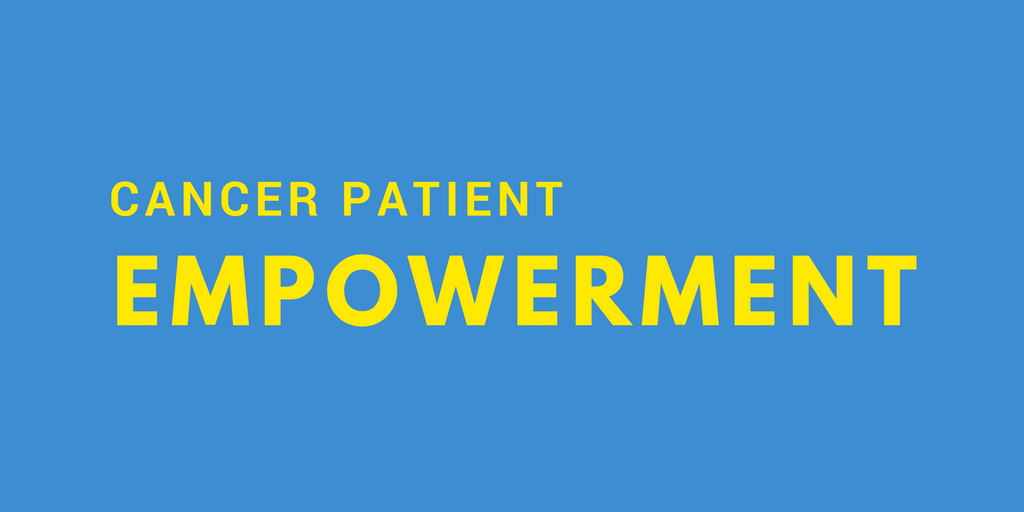
It can be difficult to process the diagnosis of cancer. You are losing control of your body and although you do have choices during the treatment process they are limited. You can’t do the things you used to and you have to accept a new kind of ‘normal’. During this process, it can be difficult to feel empowered as a patient and as a person.
The Path to Patient Empowerment
The path to empowerment includes ‘Surrendering, but only certain elements of your life. It’s not a black and white situation’ says Associate Professor Caroline Bulsara, Notre Dame University. In 2012 Associate Professor Bulsara developed the ‘Patient Empowerment Scale’, for a study to measuring cancer patient empowerment. Using the questionnaire (comprised of 15 scaled questions) she surveyed 210 cancer patients. Through Associate Professor Bulsara’s research into quantifying empowerment she identified these keys to regaining control:
- Acknowledging what I can and cannot control.
- Familiarising oneself with the treatment regimen and side effects of treatment.
- Establish boundaries with family and friends.
- Learning to recognise what resources and information are and are not relevant.
- Accepting and adapting to changed lifestyle. (2017, Associate Professor Caroline Bulsara, Notre Dame University)
How Providers Can Support Patient Empowerment
Associate Professor Bulsara identified that patients felt more empowered when all communication was shared with them and well documented. They felt more in control of their condition and had reduced feelings of anxiety. Patients spoke of a sense of empowerment due to their ownership of a paper journal, they called the Patient Held Record (PHR).
However, according to Associate Professor Bulsara more work needs to be done to explore the stages of empowerment during and after active treatment.
You can read more about her research via this link: http://www.ccsenet.org/journal/index.php/cco/article/view/23078
Health Consumers’ Council and Patient Empowerment
It is important to remember that it is your body they are treating. You reap the benefits but also the side effects of that treatment and you may have to live with those side effects for years to come.
Doctors must have your informed consent before you start on any new treatment regime. According to Cordasco, ‘In health care, informed consent refers to the process whereby the patient and the health care practitioner engage in a dialogue about a proposed medical treatment’s nature, consequences, harms, benefits, risks, and alternatives. Informed consent is a fundamental principle of health care’ (Cordasco 2013). This means you have the right to say no and seek a second opinion.
If you are finding it difficult to speak up Health Consumers’ Council can help. We can help you to understand and support your healthcare rights. We can help you find and access health services and assist you in providing feedback about your health experience. This free service is available to anyone in WA. For more information regarding our services and tools to support you click here.
Lucy Palermo | Marketing & Communications Coordinator| Health Consumers’ Council WA
References:
Bulsara, C & Styles, I 2013, ‘Development of a Cancer Related Patient Empowerment Scale Using the Polytomous Rasch Measurement Model’, Cancer and Clinical Oncology, vol. 2, no. 1, pp. 87-102. Available from: Cancer and Clinical Oncology. [13 July 2017]
Cordasco, K 2013, ‘Obtaining Informed Consent from Patients: Brief Update Review’, Making Health Care Safer II: An Updated Critical Analysis of the Evidence for Patient Safety Practices, no. 211. Available from: National Center for Biotechnology Information. [14 July 2017]




